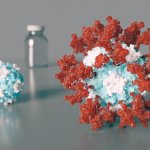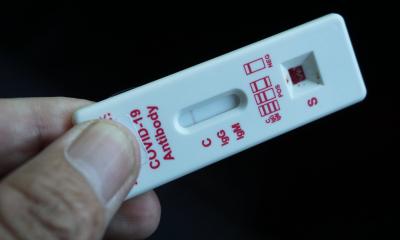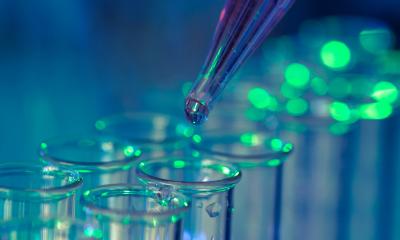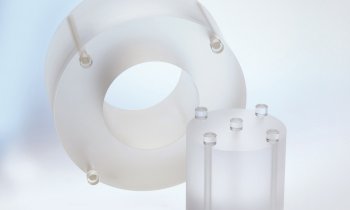Image source: Daniel Roberts from Pixabay
News • Enzyme Linked Immunosorbent Assay
Startup develops breakthrough IgG antibody test for Covid-19
ZTA Biotech, a Budapest-based biotech startup, has developed a Covid-19 antibody (IgG) test using the ELISA protocol. This new detection method represents a great step forward in determining if patients have had a coronavirus infection and if they might still have immunity to the disease.
Early results have proven 100% in specificity after testing 280 samples, and 100% sensitivity by testing 260 samples of recovered and symptomatic patients.
With a potential market of 5.8 billion people, who will likely need multiple antibody tests in the coming years, the formula has a massive potential across the globe. ZTA Biotech is currently offering the intellectual property rights to licensees and/or to a sole-rights purchaser, in order to help bring this breakthrough ELISA formula to market. Given the relatively small number of ELISA-based protocols when compared to the global demand, the sale offers a unique opportunity in combatting the Covid-19 pandemic, since it gives a greater detail into the prevalence of the disease. Also, brokering services of specialized companies are encouraged to facilitate an open and transparent dialogue between ZTA Biotech and potential clients.
The presented ELISA (Enzyme Linked Immunosorbent Assay) protocol is designed for the intended use in the post-vaccination period that is soon to commence (first/second trimester of 2021). Its microplates are coated with critical antigens which are the prime targets of the current vaccine developments (of any kind). The kit can also be used to monitor past, natural exposure to SARS-CoV-2 and to evaluate the possibility of re- infection.
Recommended article

News • Preclinical data
COVID-19 vaccine candidate designed via computer
An innovative nanoparticle vaccine candidate for the pandemic coronavirus produces virus-neutralizing antibodies in mice at levels ten-times greater than is seen in people who have recovered from COVID-19 infections. Designed by scientists at the University of Washington School of Medicine in Seattle, the vaccine candidate has been transferred to two companies for clinical development.
The test is based on selective detection of human IgG antibodies that bind to SARS- CoV-2 antigens coated on the wells of the microplate and can be used for qualitative and semi-quantitative determination of human IgG. After the completion of the first critical reaction step, all unbound serum components are fully washed away and a series of reactions occur that will lead to a photometrically measurable step where the intensity of the obtained color is proportional to the quantity of SARS-CoV-2 IgG antibodies in the original sample. The whole process is fast, takes less than 2 hours to complete and can be fully automated. Also, it can be easily converted to a quantitative test, if needed.
The test was independently validated, with a sensitivity of 100% and a specificity of 100%, and compared to an approved test of a major test producer, the latter being outperformed. All testing for validation was carried out on samples collected between September 2019 – June 2020. The antibody test showed extremely low background noise, technical data available upon request. All sensitivity evaluation data was based on PCR tested, positive SARS-CoV-2 patients, all symptomatic after getting infected. No cross-reactivity was observed to SARS- CoV-2 IgM. The kit is extremely stable, has a long shelf life and opened kits are usable up to 3 months at storing temperatures of 5°C.
Initial equipment and personnel costs are low and are proportional to the desired monthly production. Also, the test can be adapted to potential virus mutations, based on sequencing data.
Source: ZTA Biotech
06.01.2021











